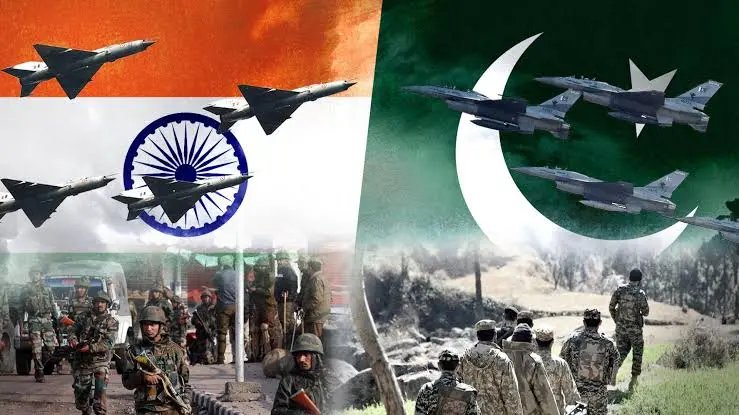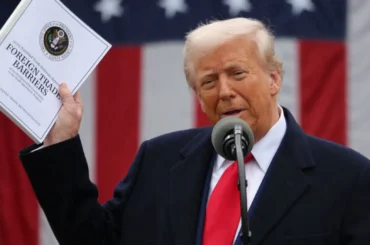Introduction
Tensions between India and Pakistan have escalated recently, raising concerns about the possibility of conflict. This article delves into the events leading up to the current situation and examines the potential implications for both nations and the region.

The Kashmir Attack: A Turning Point
On April 22, 2025, a tragic attack occurred in Kashmir’s Baisaran meadow, resulting in the deaths of 26 civilians, primarily Indian Hindu tourists, and injuring 17 others. Gunmen, disguised in army fatigues, executed the massacre before disappearing into the surrounding forests. India has attributed the attack to Pakistan-backed separatists, a claim that Islamabad denies. The attack has intensified calls within India for decisive action against perceived aggressors.
Nationwide Emergency Drills: Preparing for the Worst
In response to the heightened tensions, India has initiated extensive emergency preparedness drills across 244 districts, marking the most significant such exercise since the 1971 Indo-Pakistan war. These drills encompass testing air raid sirens, readying bomb shelters, simulating blackouts, and training civilians for potential air attacks. The Ministry of Home Affairs is actively securing infrastructure and preparing for possible escalations. Prime Minister Modi and top security officials are engaged in high-level meetings, while Defence Minister Rajnath Singh and opposition figures have intensified public rhetoric.
Diplomatic Measures: Suspension of the Indus Waters Treaty
Further escalating the situation, India has suspended the Indus Waters Treaty, a longstanding agreement governing water sharing between the two nations. This move has led to reduced water flow into Pakistan, which Islamabad perceives as a potential act of war. The suspension of the treaty underscores the severity of the current diplomatic crisis and the diminishing avenues for peaceful resolution.
International Reactions: Calls for De-escalation
The international community has expressed concern over the escalating tensions. The United Nations Security Council has convened closed-door consultations, urging both nations to exercise restraint and engage in dialogue. Global powers emphasize the importance of maintaining regional stability and preventing further escalation that could have widespread ramifications.
Conclusion: Navigating a Path Forward
The recent developments between India and Pakistan underscore the fragile nature of peace in the region. While the situation remains tense, diplomatic engagement and confidence-building measures are essential to prevent further escalation. The international community’s role in facilitating dialogue and promoting mutual understanding cannot be overstated. As events continue to unfold, the hope remains that both nations will prioritize peace and stability over conflict.
For real-time updates and more detailed insights, visit
Read more on The Times
Read more on Reuters
Read more on Al Jazeera






